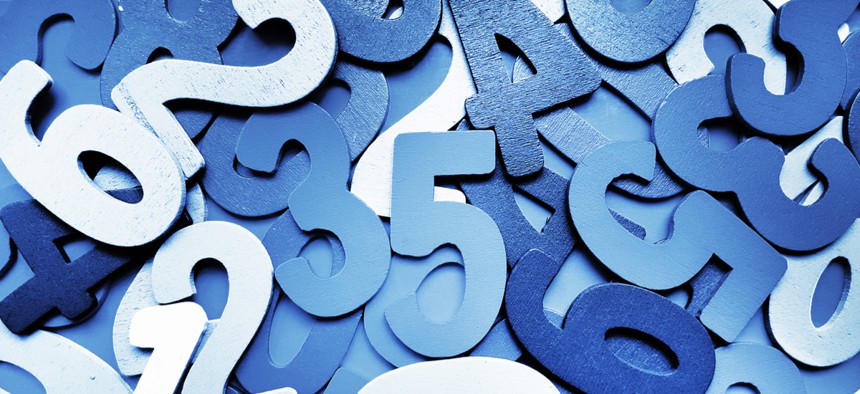Federal Contractor Numbering System Gets First New Managing Vendor After 20 Years

romeovip_md/Shutterstock.com
The DUNS number—a unique ID for organizations doing business with the government—will be phased out in favor of a new identifier with a new name and vendor.
A new vendor is taking over management of the vendor verification system run through the General Services Administration, ending a 20-year dynasty for the company that established the Data Universal Numbering System, or DUNS.
Through the Integrated Award Environment, GSA issues each vendor or organization that does business with the government a unique DUNS number. The system has been managed by Dun & Bradstreet since it was created in 1962 and the company has held the contract with GSA since DUNS became part of the Federal Acquisition Regulation in 1998.
After opening the contract to competitive bids last year, GSA announced Monday that a new vendor, Ernst & Young, would be taking over the entity validation system.
The new deal includes a one-year base period, with four one-year options, which, if exercised, would make the contract worth a total of $41.8 million.
With the introduction of a new vendor, GSA is taking the opportunity to reengineer the system. The DUNS number will be phased out over the coming months and replaced by the System for Award Management Managed Identifier, or SAMMI, number.
The standards for how that system will work are currently being hammered out by an interagency working group, a GSA spokesperson told Nextgov.
“Securing this five-year contract means that the federal government will have a safe, secure and unified method for validating entities, while also simplifying the process for those who seek awards,” GSA Office of Systems Management Assistant Commissioner Judith Zawatsky said in a release announcing the award. “This award greatly improves the government’s ability to manage data and is an important step forward to competitively procuring entity validation services on behalf of the entire government award community.”
Dun & Bradstreet will continue to work with GSA and Ernst & Young through the transition, a company spokesperson told Nextgov.
“As a trusted partner for the General Services Administration over the last two decades, Dun & Bradstreet has been honored to work with the GSA’s Integrated Award Environment,” Dun & Bradstreet said in a statement. “We will continue providing support and continuity under our contract, delivering our proven capabilities for operational efficiency, transparency and accountability, while the GSA develops its new system.”
The new system will also create a workaround for the proprietary nature of validation services, which some have called monopolistic.
“Because the government uses this proprietary identifier, any user of grant and contracting information must purchase a license in order to download and use that data Dun & Bradstreet owns—the DUNS number—and charges royalties for its use,” Rep. Virginia Foxx, R-N.C., said last year. “If you’re outside the government, you must purchase a license to any data that includes the DUNS number and go through Dun & Bradstreet if you want full access to public data—data that shows the expenditures of taxpayer money.”
A GSA spokesperson said Ernst & Young will retain proprietary rights to certain data but the process will be structured differently going forward.
“The entity validation services contract features a new approach wherein users will provide their registration information at SAM.gov and that information will be validated against [Ernst & Young’s] data,” they explained. “The government has unlimited rights in perpetuity to the validated results and there is no charge to SAM.gov registrants.”
NEXT STORY: What’s Next for Government Data






